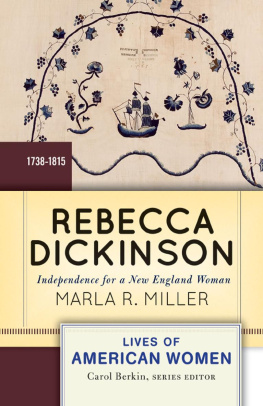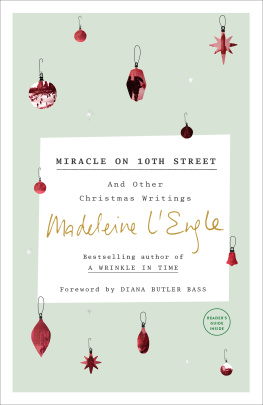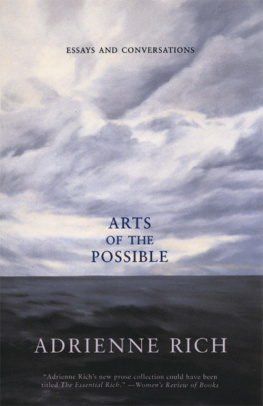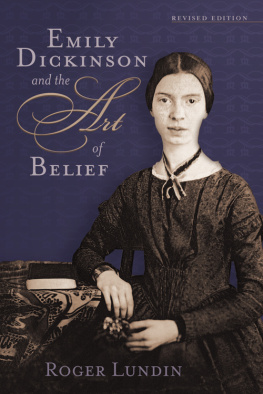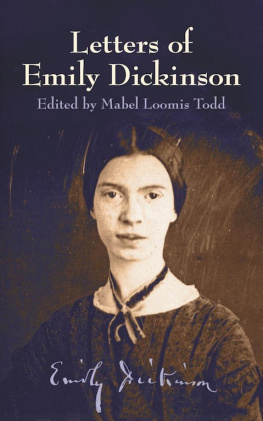[And finally, here is an unpublished, undated poem. It is doubly poignant in that it was composed sometime during the dark days after Ralphs death.]
A Prayer of Thanksgiving
For all the good things of the earth,
For friends and laughter and companionship
For bright fires roaring up the chimney on a winters night
For bread upon the table and warm clothes against the cold
For long summer hours of leisure and days spent in the sun
For books to read and sunsets to admire, I give thanks.
But these are not the things for which my greatest thanks are due.
More than for my friends, I give thanks for my enemies.
They are the ones who stand guard over my character
To preserve the wandering of my feet and the flagging of my spirit.
They are your shepherds over me, Oh Lord.
More than for leisure, I give thanks for hard work that must be done.
For only through hours of toil and days that end with weariness
Is it possible to know accomplishment, contentment, and restful sleep.
More than for warmth, I give thanks for the sharp edge of cold,
The biting of the wind that I may feel.
I give thanks for all the times that I have been hungry.
For greater than the close companionship of those who feast together
Is the deep and unforgettable brotherhood of all those who cry for bread.
I give thanks for the privilege of membership in that brotherhood.
I give thanks for the tears I have shed.
For more than laughter, they remain the symbol of humanity.
For all the things I couldnt have, I give thanks.
For more than things is an appreciation of the glorious benefits,
given equally to all:
the earth beneath, the heavens above,
the wonders of thy changing seasons,
bright air and swiftly running water
all the myriad wonders of thy world.
Childhood
- - - - - - - - - - - -
The year is 1905. Teddy Roosevelt is the U.S. president and the RussoJapanese War is on. More fundamentally, there is a major shift underway, affecting time and motion. Twenty-six-year-old Albert Einstein has just published the theory of relativity, and Orville and Wilbur Wright have introduced machines that fly. Trains are faster and cleaner, andalong with trolleys and subwayslines and service areas are being extended farther. More than 25,000 personal automobiles are tootling around at breakneck speed. The New York Tribune buys its first typewriter and wireless telegraphy links the United States and Europe. The world is opening up and getting smaller. The pace of life is ratcheting up a notch, inventions are in the air, risk-takers are on the move, and over all is a sense that anything is possible.
James H. Dickinson, former newspaperman with the Westfield Massachusetts, Valley Echo, and his wife, Florence Stewart Dickinson, have this year traveled two hundred miles from their home and relatives in Huntington, Massachusetts, to make good on a dream. James, a wiry five feet eight inches, with blue eyes and blond, wavy hair, wears glasses and dresses fastidiously in tie and jacket. Florence, tidy and handsome, has brown hair and eyes. They arrive in Bridgewater, Massachusetts, a typical midsize New England town between Boston and Cape Cod, where they have recently bought the weekly Bridgewater Independent. James, owner and editor, and Florencetypesetter, advertising salesperson, copy editor, and reporterhave two daughters: infant Alice Eldora (named after her maternal Aunt Alice) and two-year-old Sarah Louise (after her paternal grandmother, Sarah Bullock).
As Louise described in Innocence under the Elms, the wonderfully reminiscent and readable account of her childhood, the Dickinsons did not fit neatly into the tight social structure of their new hometown. In a time when people in small New England communities stayed put, they were from away. Instead of immediately buying a home and improving its yard, as expected, the Dickinsons opted to proceed from one rented house to another, moving along as owners died off or sold.
In addition, due to the financial constraints of buying and running a small business, and their insistence on living within their means, most of the Dickinsons rentals were in poor to terrible condition. Thus, even though they came from solidly middle-class ancestry (founders of the towns of South Hadley and Northfield, Massachusetts), in Bridgewater they were members of the genteel poor. In her memoir, Louise created the impression that her family was unique in this regard, but they probably were in very good company. The reason they lived in big, old homes (which, though unmodernized, sometimes had such classic, elegant features as dumbwaiters and fine cabinetry details) was that the owners probably also were in need of downsizing. For the first five years the Dickinsons lived in Bridgewater, the entire U.S. economy was in crisis. Foreign turmoil and domestic disasters, such as the San Francisco earthquake of 1906, drained the U.S. treasury. In 1908, many banks closed, and by 1920 the average worker earned less than $ 15 for a fifty-five-to-sixty-hour work week. Most people had vegetable gardens (Louise and Alice were adept child gardeners), and even though thousands had flocked to major cities, America remained primarily a rural society. So living in rented homes, growing ones own vegetables, and counting pennies would not have been particularly suspect. The Bridgewater of Louise and Alices childhood did not have the stigma of a poor section. In fact, they loved the adventure of acquiring new rooms, neighbors, and backyards. These changes served as touchstones for developing keen curiosity, creativity, and vivid imaginations. The girls learned to live without electricity or bathrooms; they learned to haul wood and coal, clean the woodshed and henhouse, read by kerosene lamps, and wash in tin tubs. Louise wrote: We lived almost primitively in a time and place that was not primitive and not geared to primitive living.
On the other hand, as intellectual blue bloods (relatives included Cyrus Field, transatlantic cable genius, as well as the eccentric poet Emily Dickinson), the family went against the grain. In a time and place where the line separating the sheep from the goats was identical with the impassable chasm between good, reputable Republicans and riffraffish, disreputable Democrats, James Dickinson was a Democrat and ran a Democratic newspaper, a fact that curtailed appreciably his circulation. It was the familys intellectual rigor and blunt honesty, its self-sufficiency and shyness, that removed it from the general fray.
James and Florences political incorrectness and peripatetic lifestyle could have marginalized them within the community had it not been for the fact that these oddities were very much offset by strong Christian virtues and affiliations. Both parents abstained from drink and idleness, living their lives (and expecting that their daughters would do likewise) with decorum, discipline, and integritya quiet, self-contained family. On the matter of religion, the family came by its upstanding genes honestly Louises paternal grandfather, a Yale graduate, bee-keeper, observer of the stars, student of Greek and many other ... unworldly things, was a much-respected Congregational minister. In his home it was as natural as breathing to start each day in communion with God. Her maternal grandfather Stewart, a wheelwright and politician, was a Congregational deacon, when being a deacon was an important seven-day-a-week job. Louise claimed that he was such a martinet, or strict disciplinarian, that the church probably appointed him to the position because they knew if he couldnt be a deacon, he wouldnt play at all. He brought the full weight of his not inconsiderable personality and powers to bear upon the problem, ran the church with an iron hand, and decreed family prayers in his own bailiwick... banned all Sunday papers and would allow only absolutely imperative work to be done on the Sabbath. One of the first things James and Florence did upon settling in Bridgewater was to become fully ensconced in the Central Square Congregational Church and its activities.
Next page

